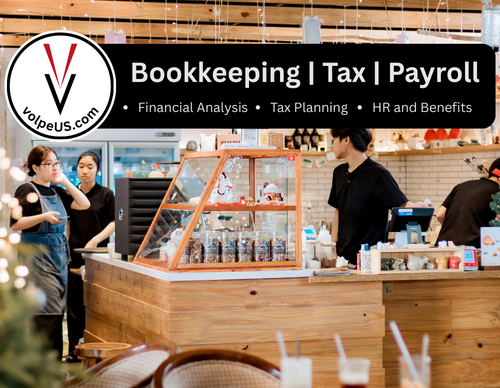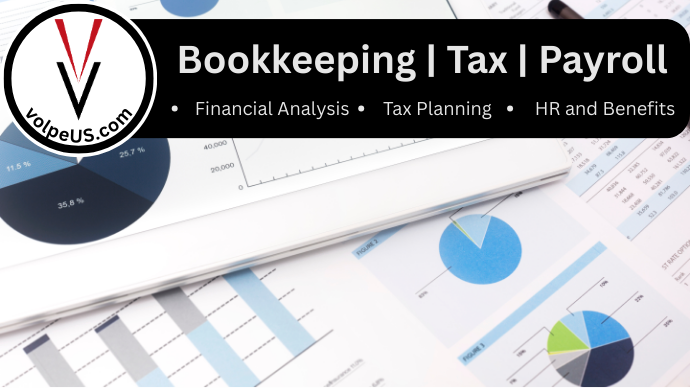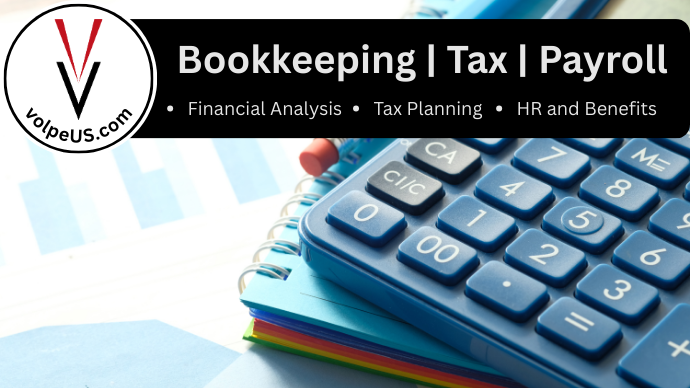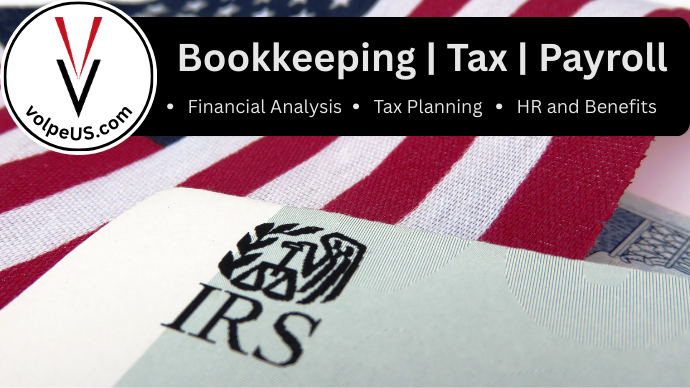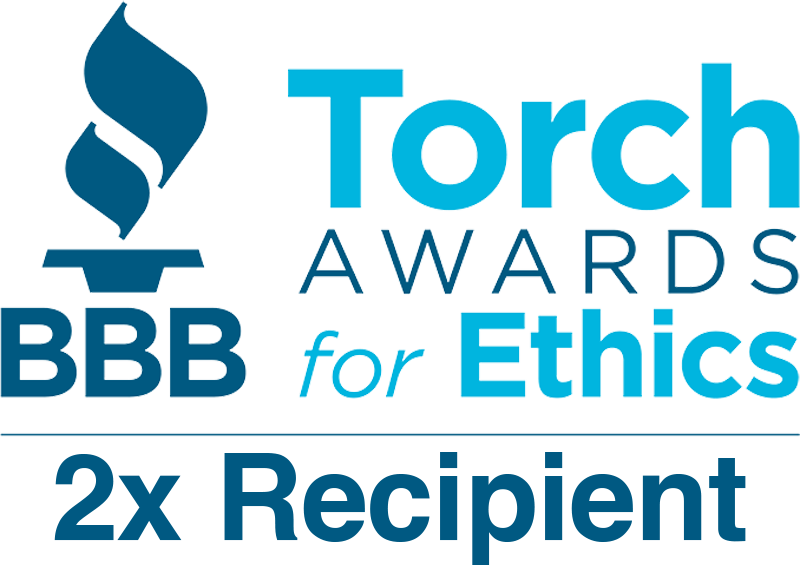Jump to a Specific Section
The importance of bookkeeping for small businesses
Bookkeeping is the process of recording and organizing financial transactions for a business. It involves keeping track of income, expenses, assets, and liabilities to provide an accurate picture of the company’s financial health. By maintaining detailed and up-to-date records, businesses can monitor their cash flow, track profitability, and make informed decisions about budgeting and financial planning.
Effective bookkeeping practices are essential for small businesses to ensure compliance with tax laws, meet reporting requirements, and demonstrate transparency to stakeholders.
Common bookkeeping mistakes small businesses make
Failing to maintain reconciliation
One common bookkeeping mistake that small businesses often make is failing to reconcile their bank statements regularly. This can lead to discrepancies between the company’s records and the actual bank balance, making it difficult to accurately track income and expenses.
Poor expense categorization
Another mistake is not properly categorizing expenses, which can make it challenging to analyze spending patterns and identify areas for cost-saving. Proper expense categorization is crucial for accurate bookkeeping. By categorizing expenses correctly, small businesses can gain valuable insights into their spending patterns and identify opportunities for cost-saving. This allows businesses to make informed decisions about budgeting and financial planning, ultimately contributing to their overall financial stability and success.
Not backing up documentation, notes, or updates
Some businesses neglect to keep backup documentation for their financial transactions, which can create issues during audits or when trying to resolve discrepancies. By avoiding these mistakes and implementing good bookkeeping practices, small businesses can ensure accurate financial records and make informed decisions for their future growth.
Not frequently reviewing books and transactions
It is important for small businesses to regularly review and update their bookkeeping system to ensure it aligns with their current needs and goals. This includes evaluating the software or tools being used, as well as the skills and knowledge of the individuals responsible for bookkeeping tasks. By staying proactive and making necessary adjustments, businesses can maintain accurate financial records and avoid potential issues down the line.
Small businesses should also consider implementing internal controls to minimize the risk of fraud or errors in their financial statements. This can involve segregating duties, conducting regular audits, and implementing checks and balances within the bookkeeping process. By establishing strong internal controls, businesses can enhance the reliability and integrity of their financial information.
Not seeking help from a professional accountant
Nowadays, software has made managing internal tasks like bookkeeping as easy as ever. Tools like Quickbooks Online allow small business owners to manage their books and reconcile transactions, but at a certain point, it is strongly advised you consult with a local accounting firm so they can review your company’s finances.
We, for instance, offer Quickbooks Online Services for small businesses that include setting up your Quickbooks account and providing either ongoing bookkeeping services or even annual services. Even if you can maintain most of your finances on your own, we almost always find ways you can save money or be better organized with your accounting.
Seeking professional guidance from a certified public accountant or bookkeeper can provide valuable insights and ensure compliance with tax regulations and reporting requirements. Taking these proactive measures can help small businesses avoid costly mistakes and maintain financial stability.
Related: Everything You Need to Know to Understand Small Business Bookkeeping
How to avoid bookkeeping errors
As we get closer to the end of the year, we prepare as next tax season is already on its way; in fact it will be here before we know it.
As a business owner, keeping a correct and current account of your income and expenses is vital; not only will it provide an accurate and actionable financial picture, it will also help in maximizing tax benefits during tax time.
Before your business financials can be put together you must choose an accounting method, which is a set of rules to determine how and when income and expenses are recognized and treated.
How to choose the best bookkeeping method
There are generally two primary accounting methods: Cash or Accrual;
- Cash Method: Revenue is recognized when payments are received and expenses when payments are made.
- Accrual Method: Revenue is recognized when the products/service are sold or delivered and expenses when products/services are bought or utilized regardless of when the money is actually received or paid.
The difference in timing and method chosen above could make a substantial difference in your reported business profitability and its tax liability.
To simplify the bookkeeping process, unless an inventory is involved the Cash Method is usually chosen for most small and medium-size business that has average annual gross receipts for the 3 preceding tax years not to exceed $25 million.
Therefore to help you accurately prepare your 2019 business financials, over the next 13 weeks we will be focusing on Cash Method accounting.
In our discussions, we will provide information on of some of the most common mistakes found on business financials that have not been managed professionally or timely


